When Art Inspires AI; AI composes music.
Who says AI is only for big data crunching and driverless car driving?

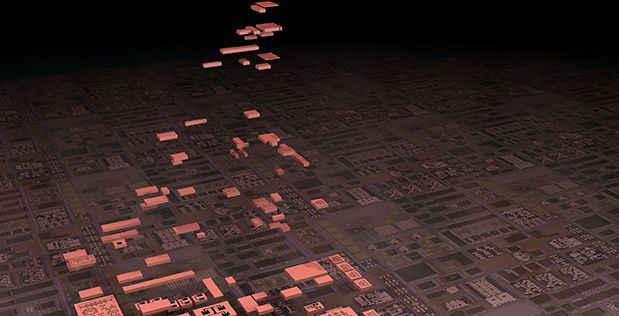
Open the hood of just about any electronic gadget and you probably will find printed circuit boards (PCBs)—most often in a leaf-green color—studded with processing, memory, data-relaying, graphics, and other types of chips and components, all interconnected with a labyrinth of finely embossed wiring. By challenging the technology community to integrate the collective functions hosted by an entire PCB onto a device approaching the size of a single chip, DARPA’s newest program is making a bid to usher in a fresh dimension of technology miniaturization.
“We are trying to push the massive amount of integration you typically get on a printed circuit board down into an even more compact format,” said Dr. Daniel Green, manager of the new program, whose acronym, “CHIPS,” is itself a typographic feat of miniaturization; the program’s full name is the Common Heterogeneous Integration and Intellectual Property (IP) Reuse Strategies Program. “It’s not just a fun acronym,” Green said. “The program is all about devising a physical library of component chips, or chiplets, that we can assemble in a modular fashion.”
A primary driver of CHIPS is to develop a novel, industry-friendly architectural strategy for designing and building new generations of microsystems in which the time and energy it takes to move signals—that is, data—between chips is reduced by factors of tens or even hundreds. “This is increasingly important for the data-intensive processing that we have to do as the data sets we are dealing with get bigger and bigger,” Green said. Although the program does not specify applications, the new architectural strategy at the program’s heart could open new routes to computational efficiencies required for such feats as identifying objects and actions in real-time video feeds, real-time language translation, and coordinating motion on-the-fly among swarms of fast-moving unmanned aerial vehicles (UAVs).
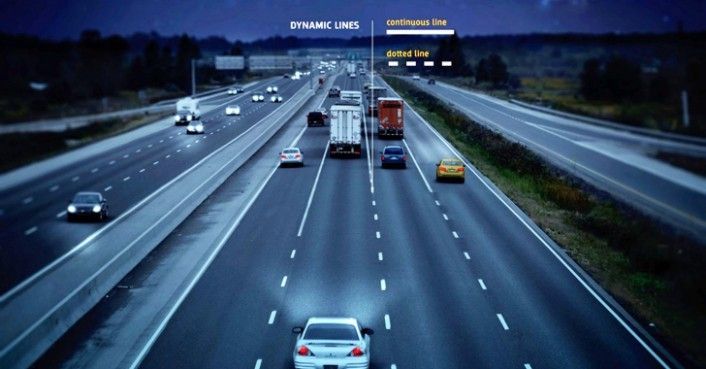
Light-absorbing glow-in-the-dark road markings have replaced standard street lighting on a 500 meter stretch of highway in The Netherlands. This project is the first stage of a concept first unveiled back in 2012 by designer and innovator Daan Roosegaarde, who presented his ‘Smart Highway’ plans during Dutch Design Week. Roosegaarde’s design took top honors in the 2013 INDEX: Awards, and we’re excited to see it finally hit the streets!
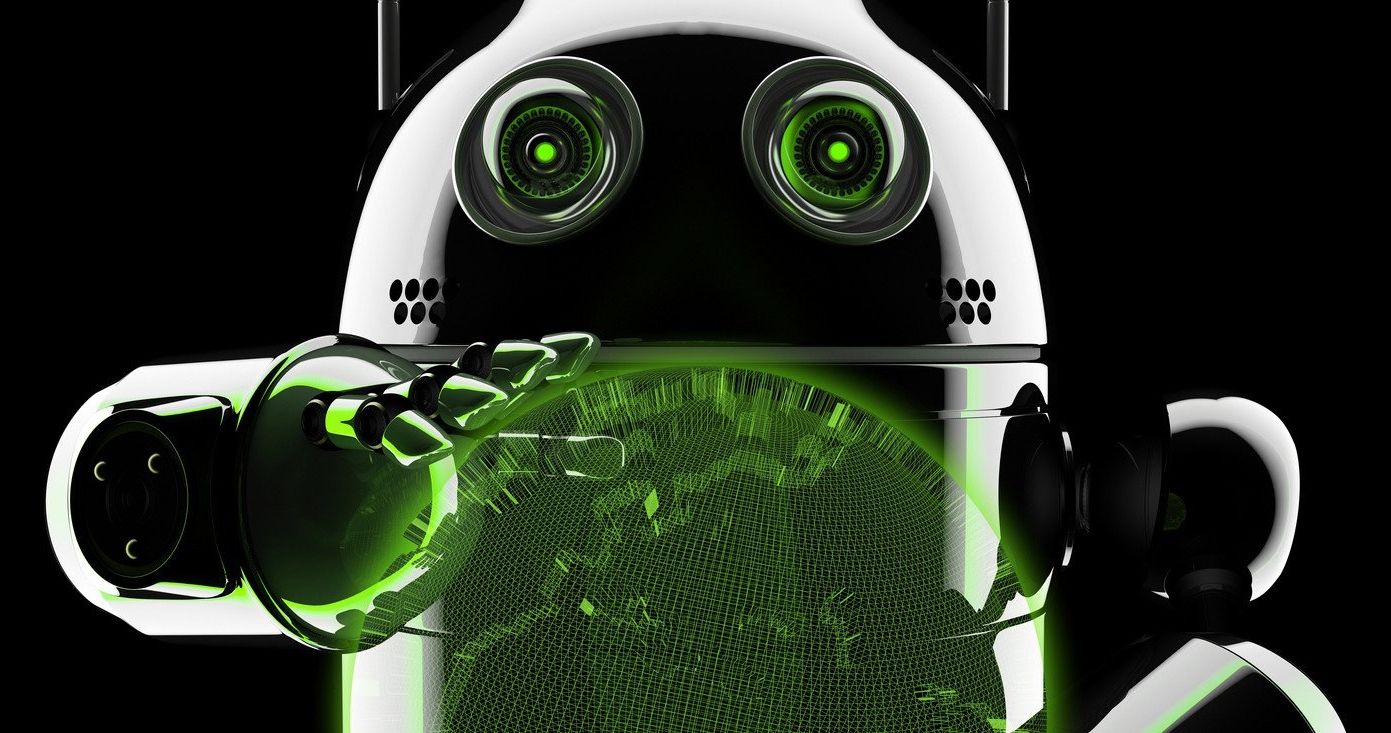
Powered by developments in exponential technologies, the cost of housing, transportation, food, health care, entertainment, clothing, education and so on will fall, eventually approaching, believe it or not, zero.
People are concerned about how AI and robotics are taking jobs, destroying livelihoods, reducing our earning capacity, and subsequently destroying the economy.
In anticipation, countries like Canada, India and Finland are running experiments to pilot the idea of “universal basic income” — the unconditional provision of a regular sum of money from the government to support livelihood independent of employment.
But what people aren’t talking about, and what’s getting my attention, is a forthcoming rapid demonetization of the cost of living.
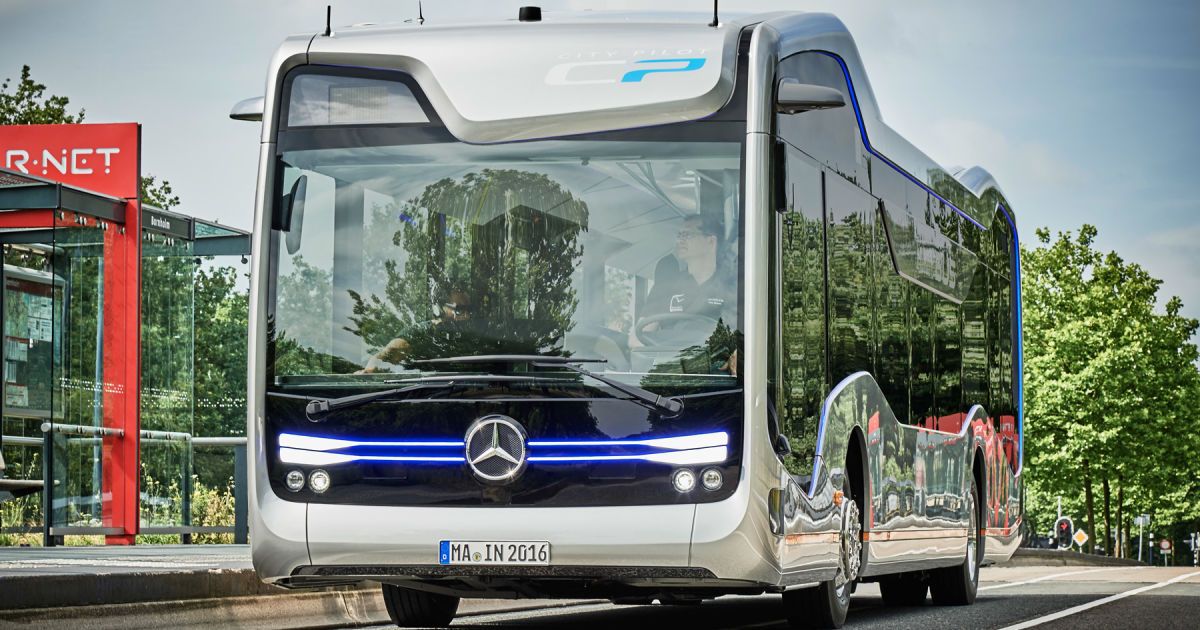
Mercedes-Benz’s CityPilot autonomous bus technology just got a real-world, long-range test drive on the streets and highways of the Netherlands. One of the company’s Future Bus vehicles successfully followed a 20km Bus Rapid Transit route between Amsterdam’s Schiphol airport and the nearby town of Haarlem, navigating through tight turns, intersections and pedestrian areas all without the need for human input.
The CityPilot platform is based on a version of Daimler’s Highway Pilot autonomous trucking technology adapted to handle the specific needs of a city bus. With GPS, radar and a dozen cameras built into the vehicle itself, the bus can recognize traffic signals, pedestrians and other obstacles. The bus has a top speed of 70km/h (or about 43 mph) and all that data taken together allows the bus to position itself within inches of bus stops or raised accessibility platforms.
Although regulations still require a human operator sit behind the wheel in case of an emergency, the vehicle’s intelligent systems make for a much smoother ride for everyone. Unlike other autonomous vehicles, the bus is actually connected to the city network so it can communicate directly with traffic lights and other city infrastructure. The camera systems can even scan the road for potholes, so buses can avoid rough patches on their next run or share that data back to the city.
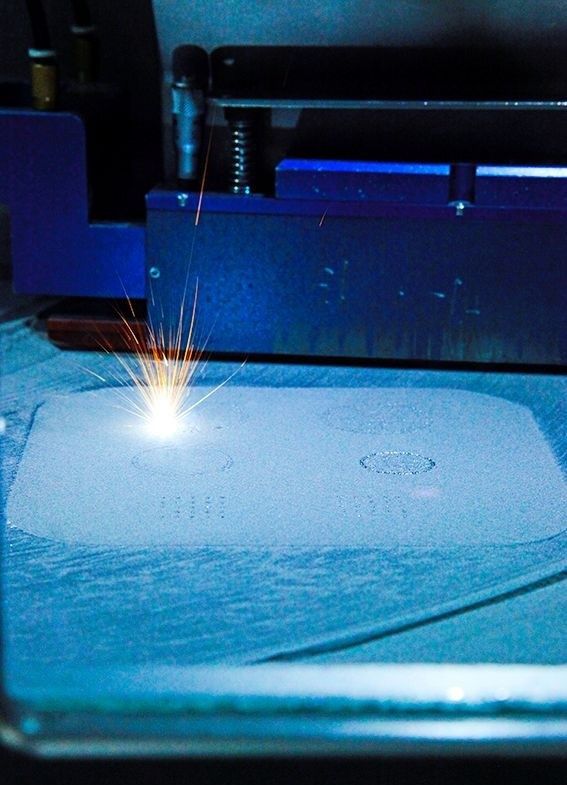
3D print materials and products with superconducting properties is truly a breakthrough towards the mass production of various complex materials. I see this as a large step forward for 3D and placing things on an evolution track to even mass produce synthetic diamonds.
3D printing is revolutionizing many areas of manufacturing and science. In particular, 3D printing of metals has found novel applications in fields as diverse as customized medical implants, jet engine bearings and rapid prototyping for the automotive industry.
While many techniques can be used for 3D printing with metals, most rely on computer-controlled melting or sintering of a metal alloy powder by a laser or electron beam. The mechanical properties of parts produced by this method have been well studied, but not enough attention has focused on their electrical properties.
Now in a paper appearing this week on the cover of the journal Applied Physics Letters, a team of University of Melbourne and University of Western Australia researchers report creating a resonant microwave cavity that they 3D printed viaan aluminum-silicon alloy (Al-12Si). It exhibits superconductivity when cooled below the critical temperature of aluminum (1.2 Kelvin).

Personally, I wouldn’t state that tech got the whole wearables wrong; its more been operated in a mode of experimentation with the public in an order to perfect the technology. I believe we’re now on a track to broaden this technology to accommodate more consumers on multiple levels such as business travelers may wish to have suits and bus attire that self cleans and can (when your wearing and biosensor is activated) be leveraged to store your id information or when you’re processed through airports instead of having to juggle for your license/ passport.
The key to unlocking the $150 billion wearables market is textiles not silicon.
Toyota’s latest vehicle is both a car and a motorcycle.

With more than 25 years of using 3D printing technology, there probably isn’t a global automotive manufacturer that has pushed the limits of using additive manufacturing applications than the BMW Group. For most of the quarter-century that they have been using 3D printing, it was primarily used in the production of prototypes or one-off custom parts. However BMW began using 3D printing technology to produce end-use parts in series production back in 2012 with their new Rolls-Royce Phantom. Over the next several years, more than 10,000 3D printed components would end up being used to manufacture each Phantom coupe that came off the assembly line. The switch from traditionally manufactured parts to 3D printed parts was so successful that BMW began incorporating them into the new Rolls-Royce Dawn this year.